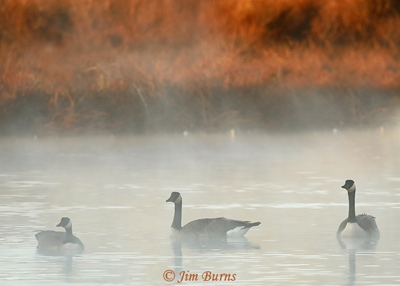
The Anthropocene (AN-thra–pa-seen) is the unofficial but now widely used term for the geological era in the earth’s history when human activity began to have an impact on the planet’s climate and ecosystems. The Anthropocene Reviewed is not about avian life per se, but if you’re a birder and love nature, it’s easy to see the implication the term itself has for the planet, Green makes specific references to some birds, and the book is a fun read about widely disparate historical facets of human history and human nature.
There are a few things you need to know about Green right up front. He grew up in central Florida communing with nature because his father was a birder. He now resides in Indianapolis, married with children. He has struggled his entire life with depression and OCD, is on medication to cope with his mental illness, and those struggles inform every aspect of his writing. His notes on his myriad literary and historical references are meticulous, copious, and a delight to read.
In this new book Green has taken to rating forty-three features of human life on a scale of one to five stars, five being the ones he really likes. Among the things he rates are Canada Geese, teddy bears, the internet, the game of Monopoly, googling strangers, viral meningitis, and Sycamore trees. Yeah, that’s disparate! And I enjoyed the book so much it became a page turner. It even got me to thinking about a future column in which I might rate some diverse species or families of birds.
Let’s start with Canada Geese, the only birds he specifically rates. He gives them two stars out of five. After a brief history of their decline and subsequent population explosion, and the historical reasons for both, he weighs pros and cons of a species now overrunning our parks and causing issues about which birders are well aware
Green mentions the widespread planting of Kentucky bluegrass (which he also rates later in the book, giving it only two stars as well) as a contributing factor, and he notes the nuisance and possible disease danger from the geese’s copious excrement. He balances these problems with a nod to geese being part of our beloved charismatic megafauna which stir deep emotional feelings whenever we observe their “V” formations overhead or hear their sonorous honking across the distant sunrise.
If pressed to do so, I would characterize the overarching tone of The Anthropocene Reviewed as whimsical and melancholic nostalgia laced with hope. Primarily because of the many anxieties brought about by his mental illness, Green is more aware than most of us of the contradictions of human existence and the changes our species is bringing, perhaps wreaking upon, the planet. The book was written as the pandemic raged, so our species’ angst over the past two years is not the elephant in the room of our lives, only the most recent one, but Green still finds joy in the perseverance of our existence.
The last paragraph of his review of the work of Hiroyuki Doi, the Japanese artist, is a good sampler of his world view—
Green gives Doi’s work four stars. I give Green’s book five stars. Read it and grieve, but then smile that you’re still here, being, sentient, reading, working to tame those elephants.“I know we’ve left scars everywhere, and that our obsessive desire to make and have and do and say and go and get—six of the seven most common verbs in English—may ultimately steal away our ability to be, the most common verb in English. Even though we know that none of our marks will truly last, that time is coming not just for all of us but for all we make, we . . . can’t stop seeking relief wherever we can find it. I’m grateful that Doi keeps on working, bringing things into existence. I am glad to be unalone in cramped circles of restless yearning.”